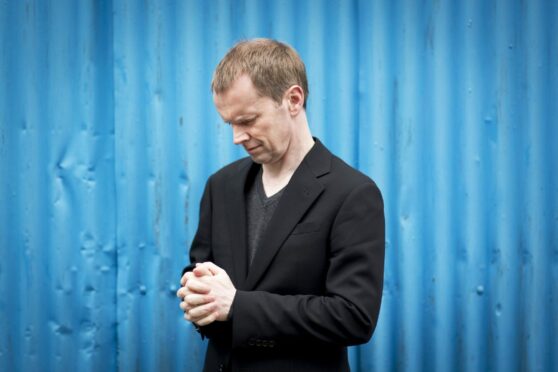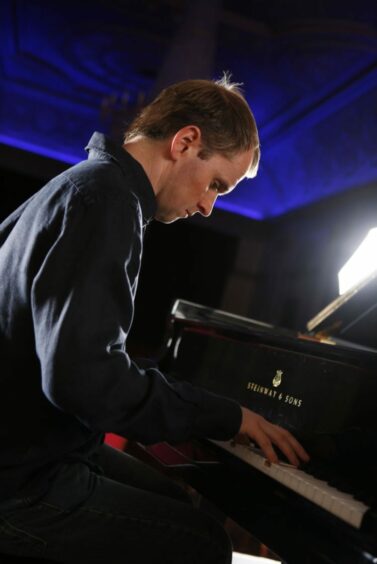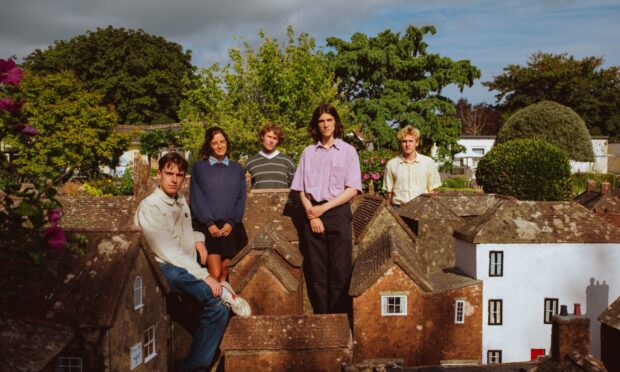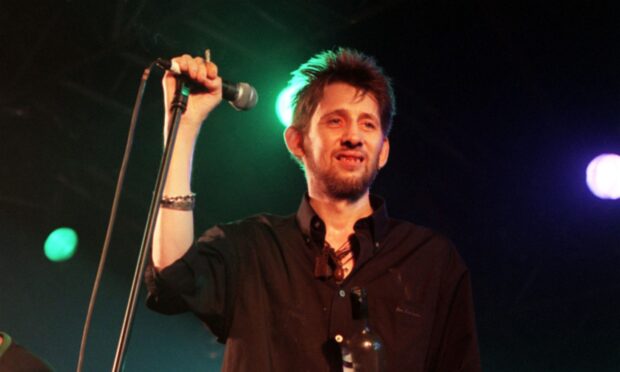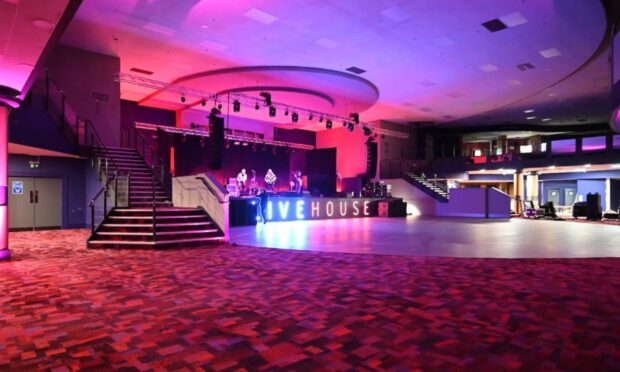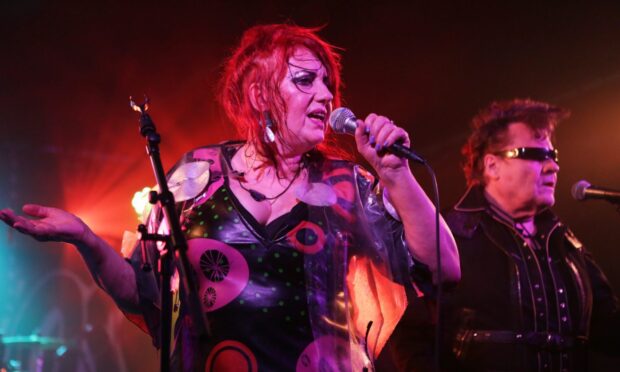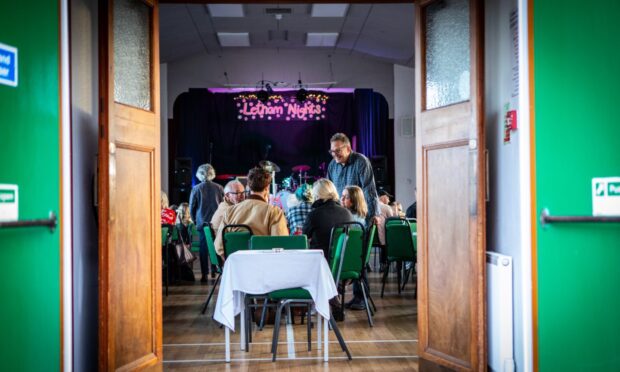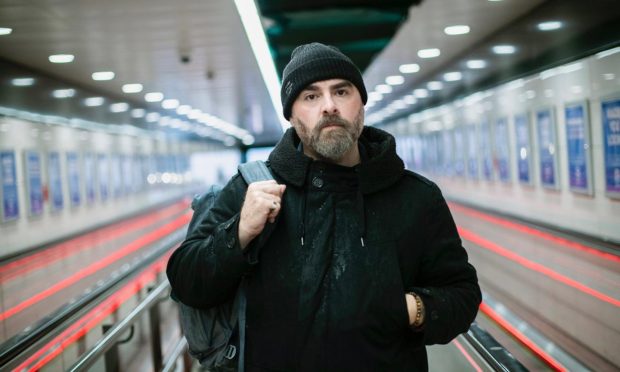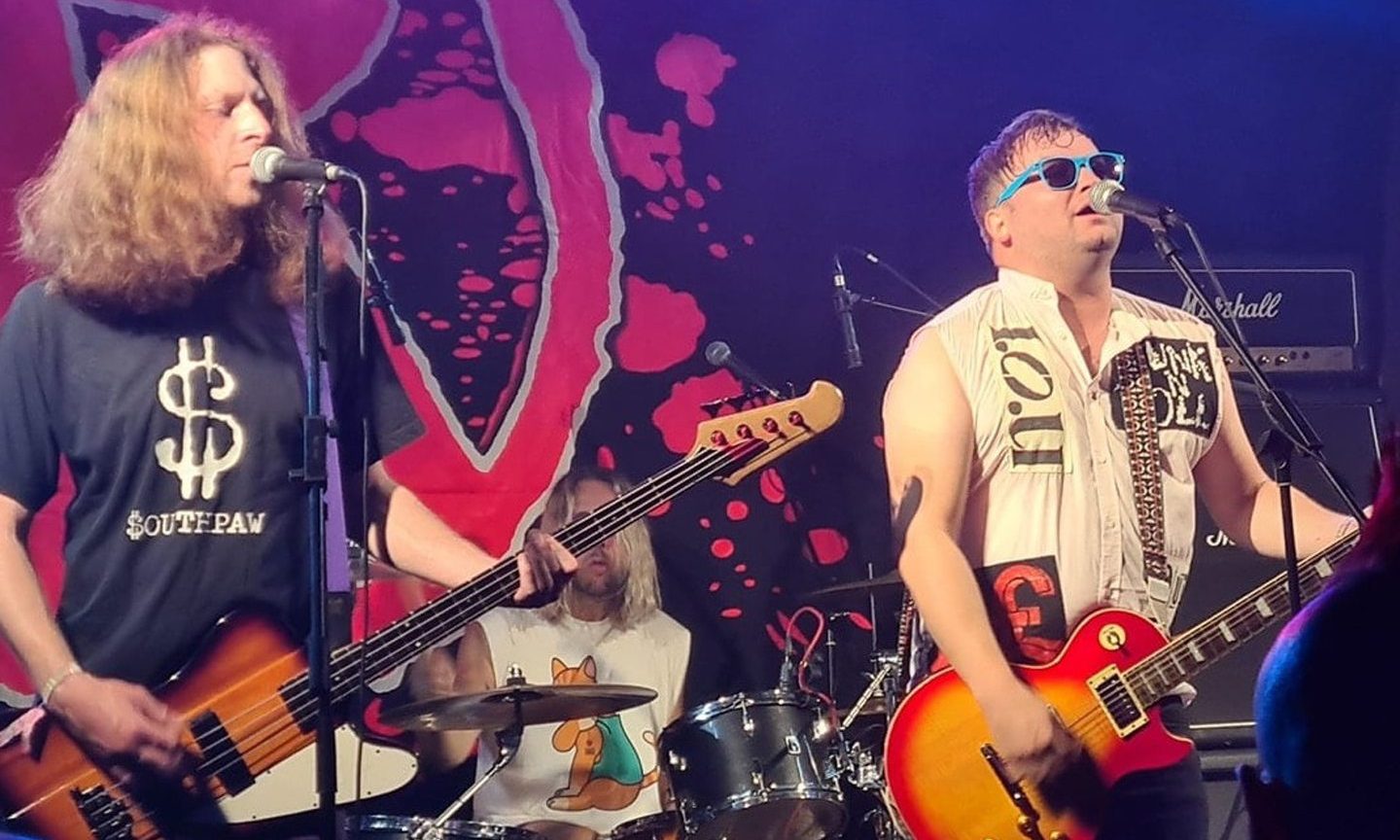If Steven Osborne hadn’t been a classical pianist, he would’ve been an engineer.
The acclaimed ivory tickler – who was appointed an OBE in the 2022 New Year Honours list for his services to music – has delighted audiences around the world for quarter of a century with his renditions of classical concertos and symphonies.
But as the son of an Edinburgh engineer, and a formerly “quite religious” man himself, Osborne has always been fascinated by why things are, and how things work.
So naturally, he has spent the last year or so trying to answer the question: What does music mean?
“For a long time I had this feeling in my body, as I played, that something had a sense of meaning. And when I played with that feeling, I noticed there was this really complete silence from the audience, or so it seemed,” explains Edinburgh native Osborne.
“Somehow, the meaning was communicated. Not in linguistic terms, but something passes from performer to audience when it’s working really well. And I was really curious: ‘What is that? What is the mechanism by which, in those really great concerts, you feel yourself being drawn into the music? ’”
Musical meaning communicate in ‘tiny facial cues’?
In a series of talks, Osborne has considered the question. The answer remains elusive, or at least, too hard to explain in a phone call, but he does tell me: “One element is a very basic, biological look at the way we communicate and understand each other.
“Our biologically primed instinct is to read very tiny cues from other people – facial cues, body language, tone of voice – these are all innate. That’s probably the most fundamental aspect of it.”
In any case, Osborne is hoping for one of those ephemeral moments of meaning between performer and audience when he takes the stage with the Heath Quartet at Perth Concert Hall this Sunday as part of BBC Proms at Perth – the only Scottish date on the classical music festival tour.
The 52-year-old has returned annually to the Proms, and he credits his high attendance record to the “great sense of occasion” at London’s Royal Albert Hall.
Proms venue ‘actually not great for music’
“It’s like walking into the Colosseum,” he gushes. “When you walk in to rehearse, it looks big; but when you walk in and it’s full of people, it looks twice the size! It’s really weird.
“And it’s funny, because it’s not actually a great venue for music. It’s a bit too big. You can’t hear all that well, particularly if you’re away up at the gods! But that’s compensated by the great sense of occasion!”
Osborne’s careful dedication to his craft led to him being awarded an OBE last year, which he admits is “lovely”, but reveals he was ever so slightly concerned when he first received the notice.
“My manager was sent a letter, which she didn’t open – she saw it was from the Cabinet Office and gave it to me. And I thought: This is either going to be really good or really bad,” he laughs.
“I think no matter how old you get, it’s really nice to feel like people are ‘getting’ what you’re trying to do. It’s encouraging.”
Russian composer boycott ‘doesn’t feel right’
Osborne’s Perth concert will see him performing Russian composer Shostakovich’s Piano Quintet – a favourite piece of his, which seems suited to his sensitive, cerebral nature.
“Shostakovich suffered very much under Stalin and his style of composing was altered by the authorities,” he explains.
“There was a lot of opposition to music that was too modernist, they basically wanted it to be music for the people. So he had to tread this very fine line between his instincts of what he wanted to express, but not doing it in a language which was too alienating for the authorities.
“This quintet is really interesting, it harks back to Bach’s time but again, has that very deep feeling because of the suffering Shostakovich went through,” he continues.
“It’s one of my very favourite pieces of chamber music to play. It’s really engrossing.”
For Osborne, like many classical musicians, the current Russian conflict has thrown up some previous unexamined dilemmas, since so many of the great classical composers resided in Russia and remain prized by its government.
“I have been somewhat conscious of it,” he admits. “It’s not a way that most musicians are used to thinking, and you’re trying to weigh these things up.
“The only thing that’s really altered in practical terms is I won’t play Pictures at an Exhibition, which ends with the Great Gates of Kiev. That was a proposed design for a gate which was honouring a Russian Tsar, so that feels a bit too close to the bone.”
However, when it comes to Russian composers in general, Osborne says he disagrees with those talking about a boycott.
“It doesn’t feel right to me,” he says firmly.
“Especially in the case of someone like Shostakovich, who was very obviously against the regime. I can only go instinctively, and for me, it doesn’t feel like the right thing.”
Steven Osborne will join the award-winning Heath Quartet for a chamber concert of works by Haydn, Shostakovich and Tippett at Perth Concert Hall on September 3 at 2pm. Visit the Perth Concert Hall website for tickets and more details.
